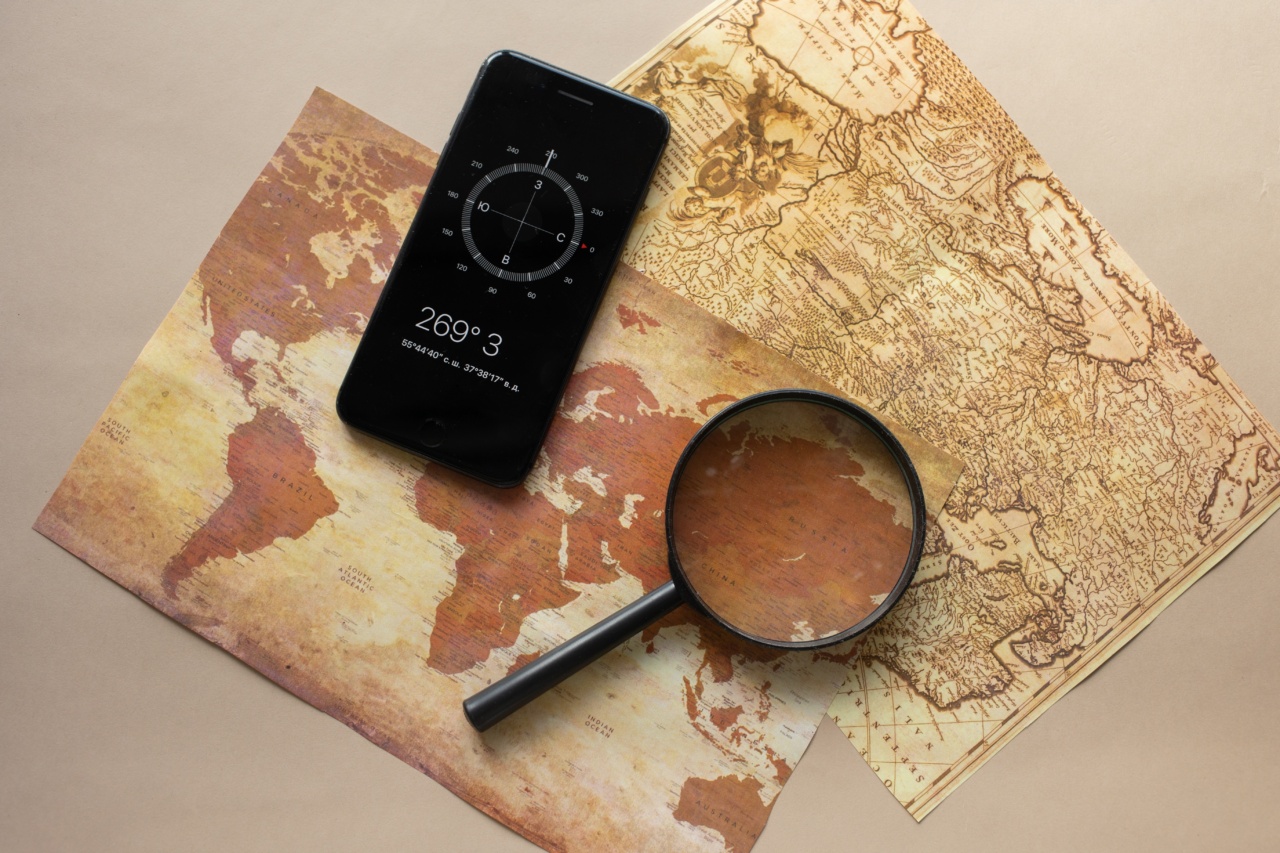Jealousy is a complex emotion that can elicit a range of responses from individuals. It’s a feeling that is generally associated with negativity, but research shows that some people may actually find pleasure in experiencing jealousy.
In this article, we take a closer look at the research behind why we find pleasure in the pain of jealousy.
What is jealousy?
Jealousy is a complex emotion that can include feelings of anger, fear, and sadness. It is often triggered by a perceived threat to a romantic relationship, a friendship, or even a job position.
While jealousy can sometimes be a motivator to repair or improve relationships, it can also be a destructive force that leads to increased stress and tension.
The pleasure of jealousy
Despite the negative connotations associated with jealousy, some people report feeling pleasure when experiencing jealousy. The pleasure derived from jealousy is often linked to the idea of having power or control over another person.
This feeling of power can be addictive, and individuals who experience pleasure from jealousy often seek out situations that elicit these emotions.
The role of social comparison
Social comparison is the process of evaluating one’s own abilities and achievements in comparison to others. This process is a natural human behavior that can have both positive and negative effects.
In the context of jealousy, social comparison can be a contributing factor to the pleasure derived from jealousy.
Research shows that individuals who are more prone to jealousy are also more likely to engage in social comparison with others. These individuals may feel pleasure in comparing themselves to others, even if the comparison is unfavorable.
This pleasure can lead to a sense of superiority over others, which can further fuel feelings of jealousy.
The influence of culture
Culture can also play a role in the pleasure derived from jealousy. In some cultures, jealousy is viewed as a sign of love and devotion.
Individuals in these cultures may feel that experiencing jealousy is a necessary expression of their love for their partner. In this context, jealousy can be seen as a positive emotion that strengthens relationships.
However, in other cultures, jealousy is viewed as a negative emotion that can lead to destructive behavior. Individuals in these cultures may feel ashamed or guilty for experiencing jealousy, which can lead to a cycle of negative emotions.
The dark side of jealousy
While some people may find pleasure in experiencing jealousy, it’s important to note that jealousy can also have negative consequences. Individuals who experience jealousy may become obsessive, controlling, or even violent towards their partner.
Moreover, jealousy can erode trust, increase stress, and lead to emotional exhaustion.
Managing jealousy
If you find that you experience jealousy frequently, there are steps you can take to manage these feelings.
It’s important to communicate openly and honestly with your partner about your feelings, as this can help to build trust and strengthen your relationship. Additionally, focusing on your own personal growth and development can help to boost self-confidence and reduce feelings of jealousy.
In some cases, therapy may be helpful for individuals who struggle with jealousy. Therapists can provide support and guidance on managing emotions and developing healthy coping mechanisms.
Conclusion
Jealousy is a complex emotion that can elicit a range of responses from individuals. While some people may find pleasure in experiencing jealousy, it’s important to note that jealousy can also have negative consequences.
By understanding the underlying causes of jealousy and taking proactive steps to manage these feelings, individuals can build stronger relationships and lead happier, healthier lives.



























